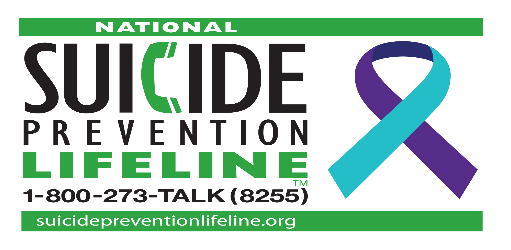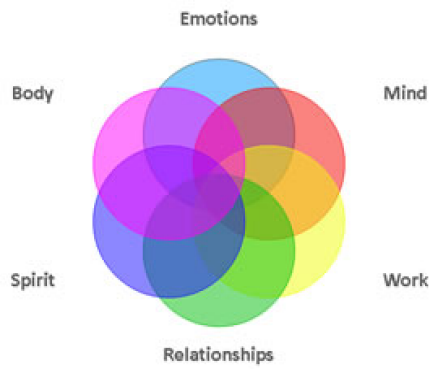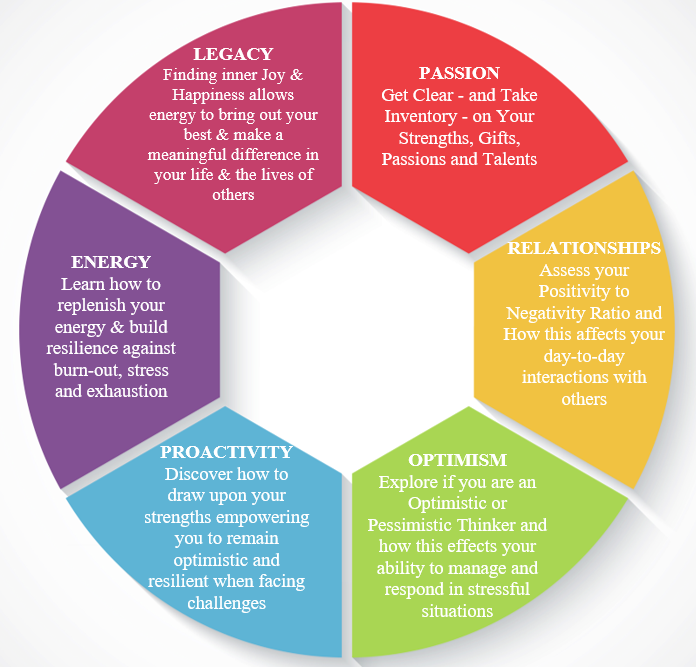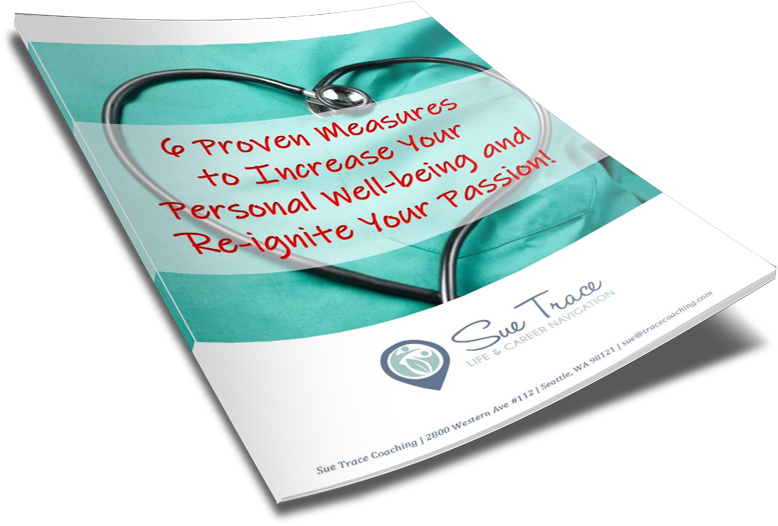BLOG - Know the Signs. Find the Words. Reach Out.

During National Suicide Prevention Week of September 8th - 14th, individuals and organizations around the country join their voices to broadcast the message that suicide can be prevented, and to reach as many people as possible with the tools and resources to support themselves and those around them. The theme of Suicide Prevention Week is Finding Purpose: Caring for Ourselves and Others. It truly takes whole communities joining together to make a difference – from individuals and families to workplaces, government agencies, and community organizations.
Hope Can Happen
Suicide is not inevitable for anyone. By starting the conversation, providing support, and directing help to those who need it, we can prevent suicides and save lives.
We Can All Take Action
Evidence shows that providing support services, talking about suicide, reducing access to means of self-harm, and following up with loved ones are just some of the actions we can all take to help others.
Crisis Centers are Critical
By offering immediate counseling to everyone that may need it, local crisis centers provide invaluable support at critical times and connect individuals to local services.
The National Suicide Prevention Lifeline is available for everyone, is free, and confidential.
Know the Risk Factors:
Risk factors are characteristics that make it more likely that someone will consider, attempt, or die by suicide. They can't predict a suicide attempt, but they're important to be aware of.
- Mental disorders, particularly mood disorders, schizophrenia, anxiety disorders, and certain personality disorders
- Alcohol and other substance use disorders
- Hopelessness
- Impulsive and/or aggressive tendencies
- History of trauma or abuse
- Major physical illnesses
- Previous suicide attempt(s)
- Family history of suicide
- Job or financial loss
- Loss of relationship(s)
- Easy access to lethal means
- Local clusters of suicide
- Lack of social support and sense of isolation
- Stigma associated with asking for help
- Lack of healthcare, especially mental health and substance abuse treatment
- Cultural and religious beliefs, such as the belief that suicide is a noble resolution of a personal dilemma
- Exposure to others who have died by suicide (in real life or via the media and Internet)
Know the Warning Signs
Some warning signs may help you determine if a loved one is at risk for suicide, especially if the behavior is new, has increased, or seems related to a painful event, loss, or change. If you or someone you know exhibits any of these, seek help by calling the Lifeline.
- Talking about wanting to die or to kill themselves
- Looking for a way to kill themselves, like searching online or buying a gun
- Talking about feeling hopeless or having no reason to live
- Talking about feeling trapped or in unbearable pain
- Talking about being a burden to others
- Increasing the use of alcohol or drugs
- Acting anxious or agitated; behaving recklessly
- Sleeping too little or too much
- Withdrawing or isolating themselves
- Showing rage or talking about seeking revenge
- Extreme mood swings
As we work together to prevent suicides, we must remember that our most valuable resource is each other. To show up as our best selves, it is essential to take care of our own mental health before we try and help others.
Self-care includes activities and practices that we can engage in on a regular basis to reduce stress and to maintain and enhance our short and long-term health and well-being. Self-care is an essential survival skill and is necessary for our effectiveness and success in honoring our professional and personal commitments.
Self-care is not simply about limiting or addressing professional stressors. It is also about enhancing your overall well-being. There are common aims to almost all self-care efforts:
- Taking care of physical and psychological health
- Managing and reducing stress
- Honoring emotional and spiritual needs
- Fostering and sustaining relationships
- Achieving an equilibrium across one's personal, school, and work lives
Practicing self-care can help preserve our happiness, health and productivity. Restoring balance in our personal and professional lives is a state of mind created by daily habits – connecting with others, staying positive, and creating joy and satisfaction are proven tools that can help strengthen our mental health. There are different dimensions of self-care and it is not a one-size-fits-all pursuit – we get to create our own self-care plan!
Taking the time to care for ourselves allows us to help others as well. Self-care improves our mood, strengthens our immunity, and increases positive thinking. It can decrease stress, depression, and anxiety while preventing burnout. Taking care of our spirits, dealing better with difficult times, and getting professional help if needed are tools we can all use to feel stronger and more hopeful.
Engaging in activities to practice self-care can sometimes feel burdensome and you may be thinking “I just don’t have time!” But just like you receive the instructions on an airplane…
”You need to put on your oxygen mask first before you can help others.”
And, to quote Audre Lorde, “Taking care of myself is not self-indulgence, it is self-perseverance…”
If you have the desire to increase your level of self-care or you just don’t know where to start, I would like to invite you to schedule a no-obligation strategy session to discover how you can take six positive steps towards enhancing your own self-care and realize your potential with greater ease, resilience and happiness in your personal life, relationships and job satisfaction. Access my calendar HERE to schedule your no-obligation conversation!

*Resources referenced:
https://suicidepreventionlifeline.org/
https://www.eachmindmatters.org/spw2019/
Click here to read past blogs.


